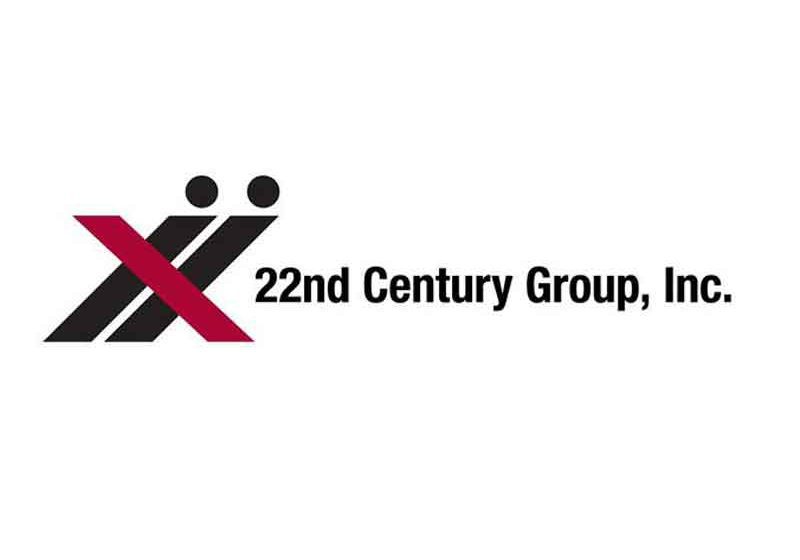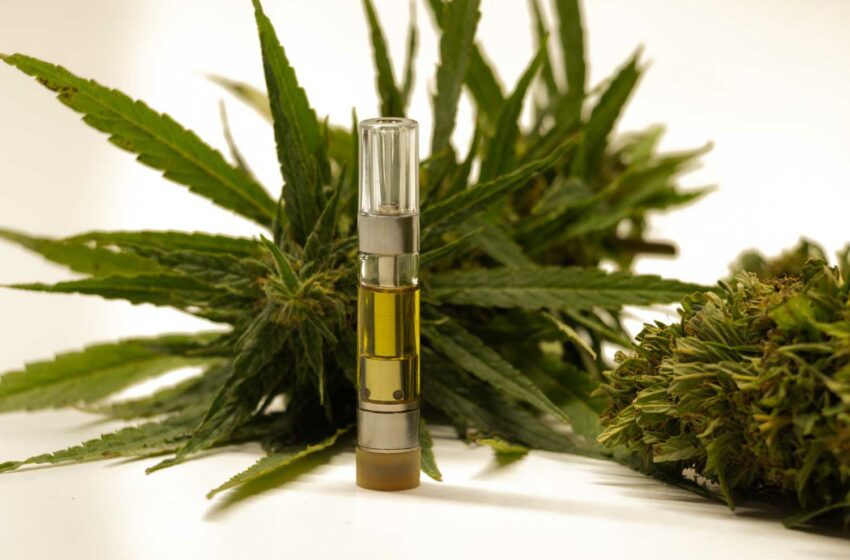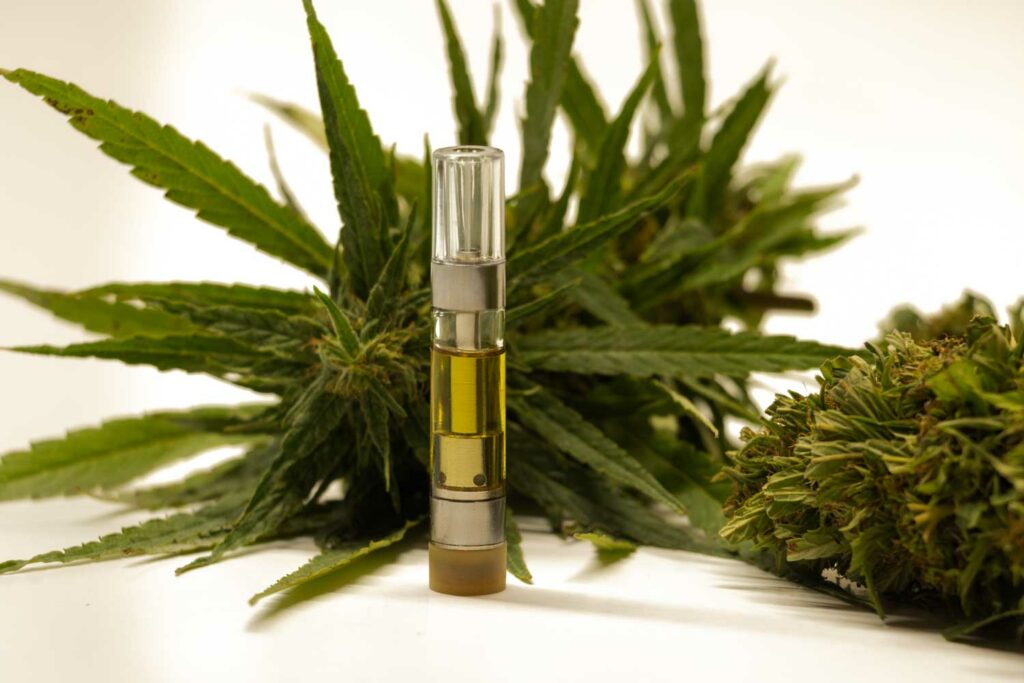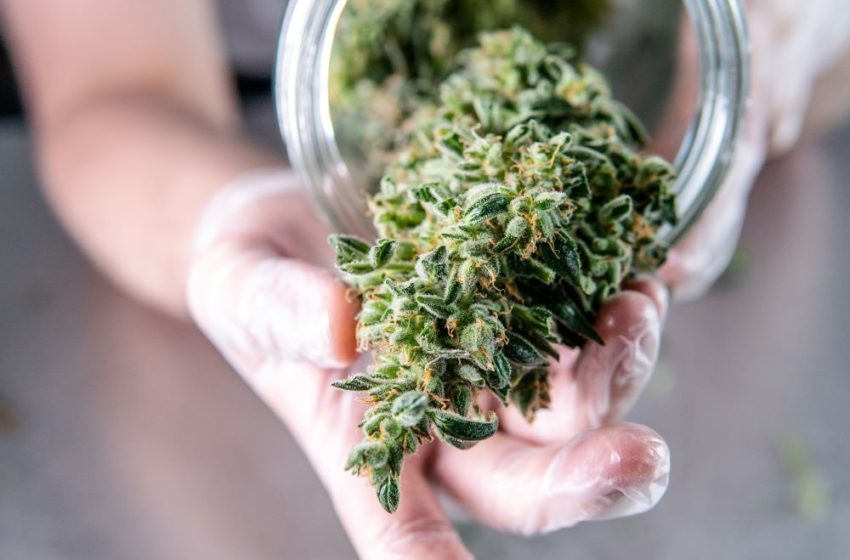In its endeavor to transform its business, initiated in 2020 under the slogan “A better tomorrow,” BAT is increasingly focusing on the cannabis sector to diversify beyond tobacco and nicotine. Two years after its first venture into the hemp market, the group currently has partial stakes in 13 cannabis startups, more than any other tobacco company, according to Seeking Alpha, a financial services provider.
BAT’s most recent move in this direction is a joint venture with Denver, Colorado-based cannabidiol (CBD) producer Charlotte’s Web Holdings in early April. BAT’s subsidiary AJNA Bio Sciences, a botanical drug development company focused on mental health and neurological disorders, has teamed up with Charlotte’s Web and is contributing $10 million as the joint venture’s initial investor. AJNA was co-founded and is partially owned by its president, Joel Stanley, the former CEO and chairman of Charlotte’s Web, together with other founding members of Charlotte’s Web.
The aim of the cooperation is to develop from propriety Charlotte’s Web hemp genetics a botanical drug targeting a neurological condition and pursue approval by the U.S. Food and Drug Administration. While the joint venture did not disclose the neurological condition, observers suspect that the drug is aimed at the treatment of seizure disorders. Charlotte’s Web is also the name of a hemp strain from which an oil can be made that can be used to treat Dravet syndrome and other epilepsy diseases.
The strain, which contains 17 percent CBD and 0.5 percent of the psychoactive ingredient tetrahydrocannabinol, was bred in 2011 by the Stanley brothers to treat a young girl suffering from a severe form of pediatric epilepsy that did not respond to commonly used anti-epileptic drugs. Encouraged by the patient’s positive response to their CBD oil, the brothers established a nonprofit organization to give seizure patients access to high-quality cannabis with a high CBD content. With their advocacy, they helped change laws and public perceptions relating to plant-based solutions. Nevertheless, their product did not become the first treatment derived from cannabis plants to receive FDA authorization. That honor fell to Epidiolex, which contains only CBD and was approved by the agency in 2018.
The joint venture, in which BAT holds a 20 percent stake and Charlotte’s Web and AJNA have a 40 percent stake each, will be led by representatives of all three companies. Its clinical and regulatory strategy will be led by Orrin Devinsky, who was a principal investor in the FDA approval of Epidiolex. Apart from being AJNA’s chief medical advisor, he is also the director of New York City University Langone’s Comprehensive Epilepsy Center. The joint venture wants to file an investigational new drug application and commence phase I clinical development in 2023.
In November 2022, BAT paid £48.2 million ($60.36 million) for a 19.9 percent stake in Charlotte’s Web, a leading company in hemp extract products and the only publicly traded CBD B Corp-certified company. According to its latest financial reports, Charlotte’s Web generated revenues of $74.13 million in 2022.
In mid-March, a major shareholder urged BAT to move its primary stock market listing from London to New York. About 60 percent of BAT’s profits come from the U.S. while only 1 percent is generated in the U.K. With a move to the U.S., analysts argued, the FTSE 100-listed company would not only gain an investor base with greater appreciation of reduced-risk products but also be better equipped if it wanted to venture into the cannabis markets. U.K. law prohibits a company from listing if its profits are sourced from recreational cannabis, even if they are earned in a jurisdiction where marijuana is legal. Although similar restrictions currently exist in the U.S., analysts expect these issues to be addressed in the near future.
With its recent investments, BAT continues its exploration of the cannabis business, which started in March 2021, when it acquired a minority stake in Organigram Holdings of Canada for CAD221 million ($175 million at the time). Canada legalized cannabis in October 2018. Through a number of acquisitions and organic growth, Organigram has since become the second-largest licensed cannabis producer in Canada.




 22nd Century Group will sell most of its GVB Biopharma hemp/cannabis operations to Specialty Acquisition Corp., an entity affiliated with GVB employees.
22nd Century Group will sell most of its GVB Biopharma hemp/cannabis operations to Specialty Acquisition Corp., an entity affiliated with GVB employees.















